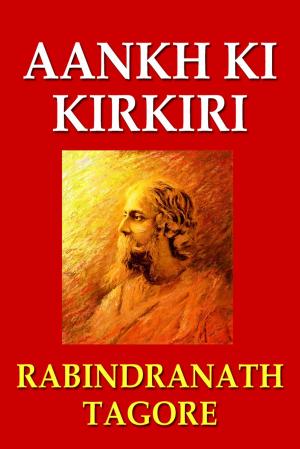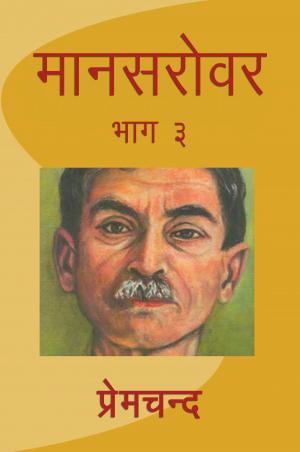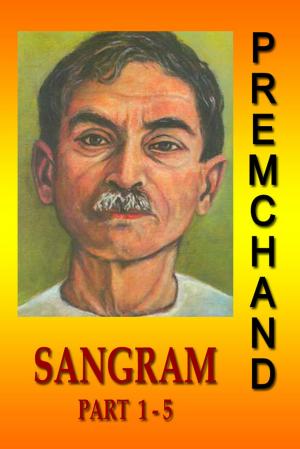| Author: | H. S. Olcott | ISBN: | 9781329967502 |
| Publisher: | Sai ePublications | Publication: | December 17, 2016 |
| Imprint: | Sai ePublications | Language: | English |
| Author: | H. S. Olcott |
| ISBN: | 9781329967502 |
| Publisher: | Sai ePublications |
| Publication: | December 17, 2016 |
| Imprint: | Sai ePublications |
| Language: | English |
The thoughtful student, in scanning the religious history of the race, has one fact continually forced upon his notice, viz., that there is an invariable tendency to deify whomsoever shows himself superior to the weakness of our common humanity. Look where we will, we find the saint-like man exalted into a divine personage and worshipped for a god. Though perhaps misunderstood, reviled and even persecuted while living, the apotheosis is almost sure to come after death: and the victim of yesterday's mob, raised to the state of an Intercessor in Heaven, is besought with prayer and tears, and placatory penances, to mediate with God for the pardon of human sin. This is a mean and vile trait of human nature, the proof of ignorance, selfishness, brutal cowardice, and a superstitious materialism. It shows the base instinct to put down and destroy whatever or whoever makes men feel their own imperfections; with the alternative of ignoring and denying these very imperfections by turning into gods men who have merely spiritualised their natures, so that it may be supposed that they were heavenly incarnations and not mortal like other men. This process of euhemerisation, as it is called, or the making of men into gods and gods into men, sometimes, though more rarely, begins during the life of the hero, but usually after death. The true history of his life is gradually amplified and decorated with fanciful incidents, to fit it to the new character which has been posthumously given him. Omens and portents are now made to attend his earthly avaṭāra: his precocity is described as superhuman: as a babe or lisping child he silences the wisest logicians by his divine knowledge: miracles he produces as other boys do soap-bubbles: the terrible energies of nature are his playthings: the gods, angels, and demons are his habitual attendants: the sun, moon, and all the starry host wheel around his cradle in joyful measures, and the earth thrills with joy at having borne such a prodigy.
The thoughtful student, in scanning the religious history of the race, has one fact continually forced upon his notice, viz., that there is an invariable tendency to deify whomsoever shows himself superior to the weakness of our common humanity. Look where we will, we find the saint-like man exalted into a divine personage and worshipped for a god. Though perhaps misunderstood, reviled and even persecuted while living, the apotheosis is almost sure to come after death: and the victim of yesterday's mob, raised to the state of an Intercessor in Heaven, is besought with prayer and tears, and placatory penances, to mediate with God for the pardon of human sin. This is a mean and vile trait of human nature, the proof of ignorance, selfishness, brutal cowardice, and a superstitious materialism. It shows the base instinct to put down and destroy whatever or whoever makes men feel their own imperfections; with the alternative of ignoring and denying these very imperfections by turning into gods men who have merely spiritualised their natures, so that it may be supposed that they were heavenly incarnations and not mortal like other men. This process of euhemerisation, as it is called, or the making of men into gods and gods into men, sometimes, though more rarely, begins during the life of the hero, but usually after death. The true history of his life is gradually amplified and decorated with fanciful incidents, to fit it to the new character which has been posthumously given him. Omens and portents are now made to attend his earthly avaṭāra: his precocity is described as superhuman: as a babe or lisping child he silences the wisest logicians by his divine knowledge: miracles he produces as other boys do soap-bubbles: the terrible energies of nature are his playthings: the gods, angels, and demons are his habitual attendants: the sun, moon, and all the starry host wheel around his cradle in joyful measures, and the earth thrills with joy at having borne such a prodigy.















